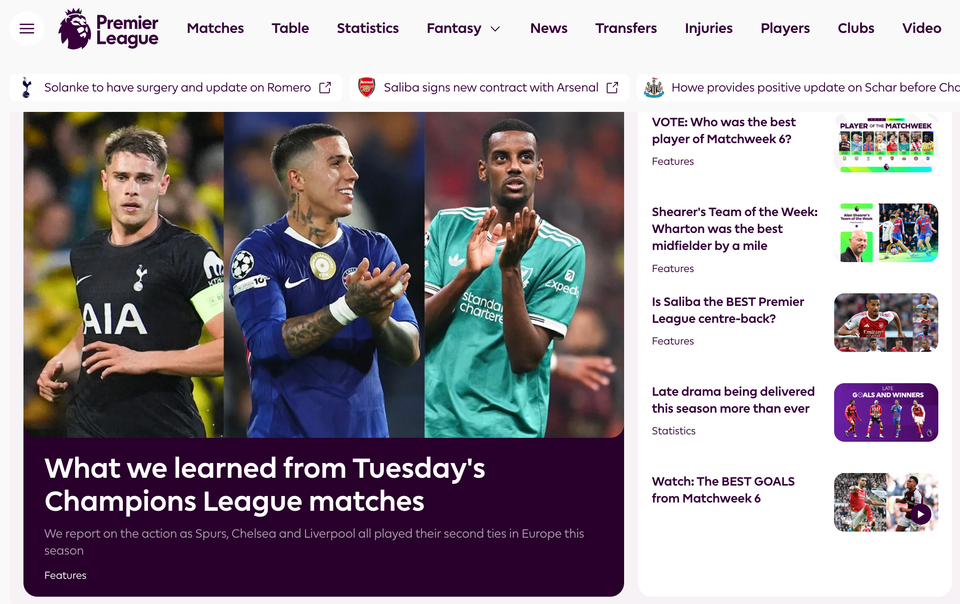With the E7 comes a change in Nokia's Enterprise Strategy

With the imminent launch of the E7 Nokia have switched their focus to business leaders, especially CIOs and senior executives who were the main audience at the Gartner ITxpo recently. Speaking at the event Ilari Nurmi, the man responsible for all things E-series, was clear – Nokia are targeting RIM’s BlackBerry with their business devices an they think they have a clear ‘whole life’ cost advantage: the phrase ‘Blackberry tax’ was mentioned. Several times.
The ability to offer a range of devices was highlighted – eliminating the ‘hero’ device and giving businesses a range of choices, from basic phones to smartphones which shared UI, software and support. Shouted less loudly, however, several other themes surfaced in conversations with the Nokia staff:
- Nokia are partnering with Microsoft closely – not just to provide the mobile email, calendar and contacts from the near-universal Exchange server – but also to provide integration with other products such as ‘Communicator Mobile‘ (business instant messaging) and a mobile web interface for SharePoint (document management). The unspoken suggestion was that new CEO (and ex-Microsoft business software head honcho) Stephen Elop‘s arrival had reinforced this relationship.
- Beyond Microsoft there is a wider enthusiasm for partnership – Nokia doesn’t want to supply business solutions end-to-end and sees integration with firm’s existing tools (or partnering with big-name firms in offering complete solutions) as the way to CIO’s hearts. To achieve this they’re opening up their roadmaps to partners as never before.
- Business smartphones aren’t just email… there will be 200 million (apparently) new business mobile users in the next 4 years. Nokia are looking beyond current usage and see other services as just as key to business adoption. Maps was suggested as the most obvious (and currently strongest) of Nokia’s other offerings, but not far behind could be NFC (for asset management or access control) and VoIP (for unified comms that eliminates the desk phone). Device management capabilities are already built into devices that could deploy (or limit) and manage apps to make use of these capabilities.
Whilst this all sounds very appealing, like so much with Nokia, this emerging strategy will take time to prove itself. I’ve written before about the challenges of finding smartphones for businesses, but whilst acknowledging some Nokia are far from having addressing them yet…
- The ‘we’re cheaper than BlackBerry because you don’t need any extra servers’ line doesn’t cut it… so is everyone else. Other platforms are still maturing their solutions in some cases, but all the device manufacturers that matter are producing Exchange-syncing devices. All will soon support (if not already) Exchange’s remote management features which Nokia cite as BlackBerry-beating too.
- Network operators are reluctant to take on entire ranges of device, cherry-picking just a few best-sellers and limiting the choice of devices Nokia is so keen to push. The situation will improve when Nokia unifies the software load on its products (the N8 will have the same base software as the E7) but it’s a complex message to persuade IT departments there isn’t a difference in the ranges when the marketing teams will be presenting them so differently.
- The partnering ‘story’ isn’t strong enough yet. It was noticeable that whilst (apparently) quite capable in terms of integration with big-businesses’ favourite software and management tools (who were all present with stands of their own) there was little more than passing mention of this at the event – the talk was exclusively of the E7 device. CIOs might be wowed by features like 720p video playback, but they’ll only buy if they believe in the whole ecosystem.
- Software quality is still a problem. Bugs and reliability are a major area of focus at present with devices being delayed to resolve the worst, but in the hands of a user, however great the hardware, Nokia’s top-end devices still lack the usability and refinement of the best of the competition… and that’s a reputation that can’t be quickly reversed.
Whilst moving in the right direction Nokia need to up the pace on addressing these concerns. Setting Apple aside for a moment – their single device approach only addresses a segment of the breadth of customers that Nokia’s targeting – I believe the new Windows Phone 7 could quickly mature to be a serious challenger in the enterprise space. It already has the tight integration to Exchange and SharePoint Nokia is touting and with the backing vendors such as Dell (who already have a huge presence in enterprises) it could quickly become the platform that Window Mobile (and its predecessors) aspired to be.



